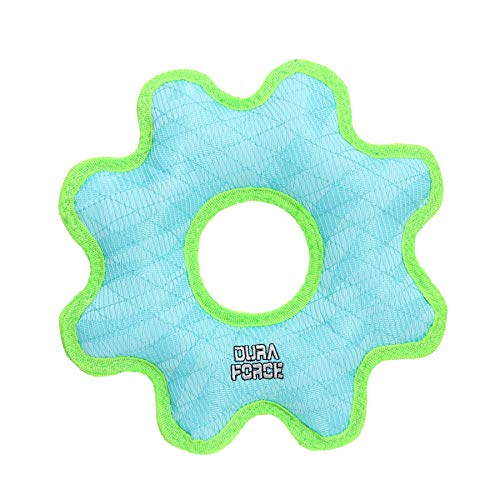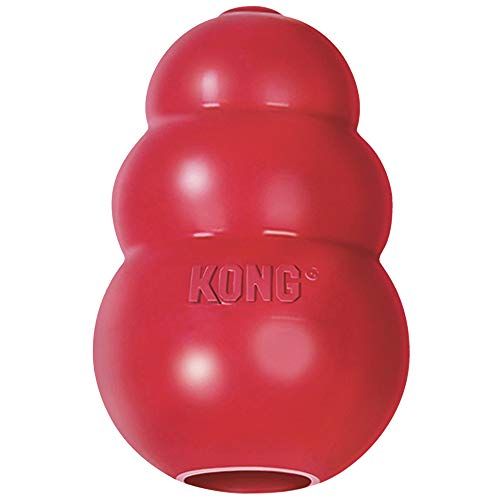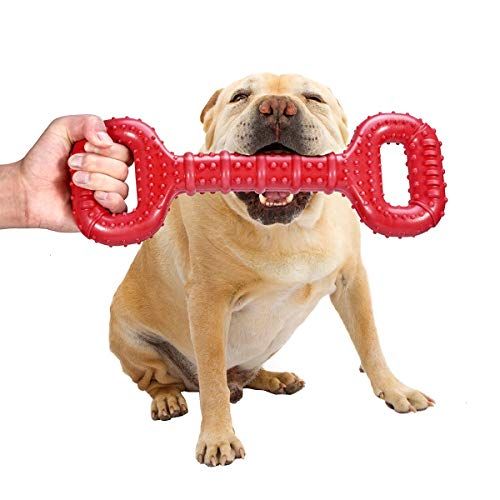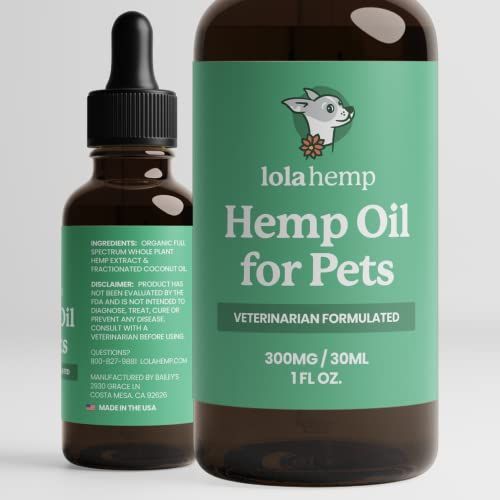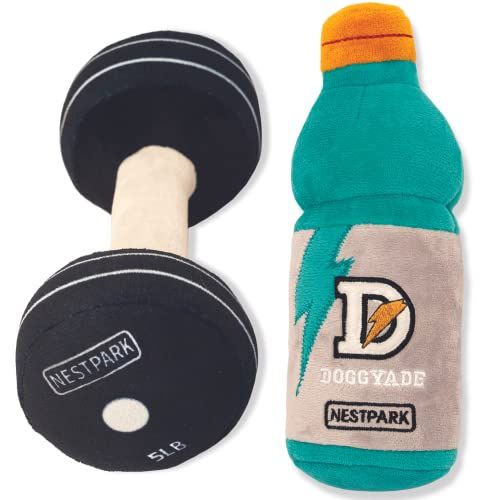A Comprehensive Guide: Helping Your Senior Dog Gain Weight
Is your senior dog having trouble maintaining a healthy weight? This can be a common issue for older canines, but it doesn't have to be a daunting challenge. Our comprehensive guide will provide you with vital information and strategies to help your senior dog gain weight safely and effectively. Here, we delve into the importance of dietary modifications, exercise management, and even the psychological aspects that may contribute to your dog's weight loss. Together, we'll help your older buddy live a happier, healthier life.
Caring for a senior dog comes with its own unique set of challenges, one of which can be helping your beloved pet maintain a healthy weight. Senior dogs, much like humans, may struggle with weight gain or weight loss as they age due to a variety of reasons, including decreased activity levels, underlying medical conditions, or changes in metabolism.
Understanding the potential causes of your dog's weight loss is the first step in developing a plan to help them gain weight. Here's a comprehensive guide to help you understand and address weight issues in your senior dog.
Understand Why Your Dog Is Losing Weight
The first step towards addressing your dog's weight loss is to understand why it's happening. This usually involves a visit to your vet, who can rule out medical conditions such as diabetes, kidney disease, and cancer, which can cause weight loss in senior dogs. Infections, dental problems, or a decline in the sense of smell or taste can also affect your dog's appetite and lead to weight loss.
If a medical condition is causing your dog's weight loss, your vet will likely recommend a treatment plan. If not, they may suggest a change in diet or lifestyle to help your dog gain weight.
High-Calorie, Nutrient-Dense Diet
Once medical conditions are ruled out, it's time to focus on your dog's diet. Dogs, just like humans, gain weight when they consume more calories than they burn. Feeding your senior dog a high-calorie, nutrient-dense diet can help them gain weight.
There are several ways to achieve this. One is to feed your dog high-quality dog food formulated specifically for weight gain. These products are high in protein and fat, which can help your dog gain weight while providing them with essential nutrients.
You can also supplement your dog's diet with nutritious human foods. Lean meats, fish, eggs, and certain fruits and vegetables can boost your dog's calorie intake without causing harm. It's essential to ensure that any human foods you feed your dog are safe for canine consumption.
Increase Feeding Times
Instead of feeding your senior dog once or twice a day, consider increasing the frequency of meals. Smaller, more frequent meals can help increase your dog's calorie intake and promote weight gain. This approach can also help if your dog has a reduced appetite, as smaller meals can be less daunting than larger ones.
It's also essential to ensure your dog is drinking enough water. Dehydration can decrease your dog's appetite and lead to weight loss.
Encourage Exercise
While it might seem counterintuitive, encouraging your senior dog to exercise can help them gain weight. Regular, moderate exercise can help stimulate your dog's appetite and improve their muscle tone.
Remember, the goal isn't to exhaust your dog but to keep them active and stimulated. Short walks, gentle games of fetch, and even physical therapy can be beneficial.
Monitor Your Dog's Weight
Finally, keep track of your dog's weight. Regular weight checks can help you determine if your dog's weight gain plan is working. If your dog continues to lose weight despite your efforts, it's time to return to the vet for further investigation.
Read more: How can I get my senior dog to gain weight
In conclusion, helping a senior dog gain weight involves addressing underlying medical conditions, adjusting their diet, increasing meal frequency, encouraging exercise, and monitoring their weight. Always consult with a vet to ensure the weight gain strategy is safe and suitable for your senior dog. The process can be slow and challenging, but with patience, love, and persistence, you can help your senior dog gain weight and improve their overall health.



